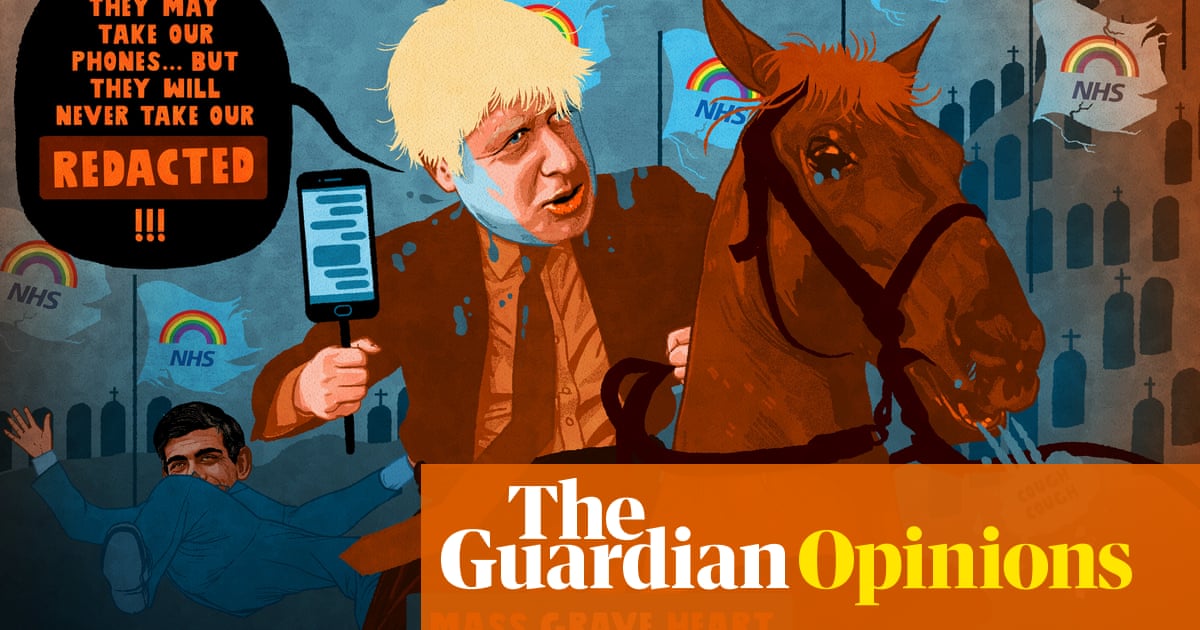
Floccinaucinihilipilification is considering something as worthless. With 29 letters, it is the longest nontechnical word in the English language. Oddly enough, the new Leader of the House of Commons, Jacob Rees-Mogg, used it once in Parliament. He is one of the most bizarre of the panoply of fresh new ministers in Boris Johnson’s Cabinet.
Rees-Mogg is a curious fellow. Like Johnson, he was educated at Eton, and, if Johnson reminds many of P.G. Wodehouse’s Bertie Wooster, Rees-Mogg is of an earlier age, even pre-Victorian. One of his first ministerial acts was to circulate a list of banned words to his new ministerial staff. If you wish to avoid lexical crimes, do not use: Very, due to, ongoing, speculate, hopefully. All are unacceptable (as indeed is that word). He even engaged with the Speaker in a debate (no emergency) on the origins of the word “archaic.”
Words are also weapons in the hands of Britain’s new supremo, Johnson. His hero Winston Churchill famously “mobilized the English language and sent it into battle.” Johnson tries to do the same. Rees-Mogg likes precision and rules but Johnson embraces both newfangled terms as well ancient, with Latin phrases a favorite. He once used the word “mugwump” to describe Labour leader Jeremy Corbyn.
What a change from Theresa May, who was a prime minister of few words, infamous for the constancy of her repetition, earning her the dreaded “Maybot” nickname. May made Brexit boring, as well as depressing. If nothing else, the likes of Johnson and Rees-Mogg will garland it with exciting verbiage.
In Johnson’s first seven days, several words and phrases have topped the charts. Johnson calls for a “can-do attitude.” He chastises the “doubters, the doomsters, the gloomsters.” He wants to restore the nation’s “mojo.” He invokes “optimism” to his cause. He is clad in positivity.
What a change from Theresa May, who was a prime minister of few words, infamous for the constancy of her repetition.
Chris Doyle
One man who once boasted he had the “best words” was enthusiastic. He might even yet think this is “covfefe.” US President Donald Trump claims that Johnson “will be a great prime minister… He’s a good guy, he’s a friend of mine. I think we’re going to have a great relationship and Boris is going to be a great prime minister.” Not exactly Shakespearian but clearly the Arctic relations of Trump and May are long gone.
Highfalutin words cannot paper over the cracks with the EU. Johnson has unveiled no grand plan for Britain or Brexit. The message to the EU is: There will be no resumption of negotiations until the EU accepts that May’s withdrawal agreement is dead. One word has to disappear from the text — backstop. Jean-Claude Juncker, president of the European Commission, says the Irish backstop has to remain.
Everyone is playing hardball but who has the stronger hand? Who blinks first, or perhaps will neither side blink at all?
Johnson’s problems are not just with the EU. His fellow parliamentarians are well used to his seductive verbal charms. The reality is that he will have to earn their support, to back either a new deal or no deal. His odds may not have been shortened by dispatching 17 former ministers to the backbenches, having resigned or been sacked. Johnson was ruthless, molding a Cabinet based on loyalty and devout belief in Brexit (which is not really a word). Competence and brilliance were not the primary criteria. With nobody aged over 60, it is the youngest Cabinet in British history, and also the most diverse, with almost one in five from ethnic minority backgrounds.
The single-minded zeal of his administration was underlined with his appointment of Dominic Cummings as his senior aide. Cummings was the head of the Vote Leave campaign and was even found to be in contempt of Parliament, but then again so was the last government. He too has a way with words. He once described the hardline rump of the Conservative Party, the European Research Group (ERG), as a “narcissist-delusional subset.” ERG members were largely kept out of the Cabinet but, after such a slur, they could yet bite back. Cummings will be single-minded both in trying to deliver Brexit and also any forthcoming election. His pugilistic fingerprints are all over the creation of a “war cabinet,” perhaps Britain’s first in peace time. Cummings may be the string-puller of this administration in concert with a senior minister, Michael Gove. They will do the prose to Johnson’s verse.
What we have heard in the first week has been fine words. The English language is being stretched to breaking point, with the words rarely organized into structured speeches, let alone any stream of sentences that could be mistaken for a plan. Often words are deployed deprived of their meaning. Johnson will “unite” the country and his party, but then his evisceration of the former Cabinet for his own loyalists was divisive, not unifying. Threatening a no-deal exit from the EU and suspending Parliament is a minority view.
Johnson endlessly urges boundless optimism, but the British people crave a little more substance to lift them out of the doldrums that has gripped the country for three years. Businesses do not buy into it; hence the pound quickly dropped to its lowest point against the dollar for more than two years. The Johnson administration has much to do if it is to avoid the fate of being considered worthless.












